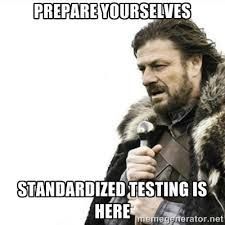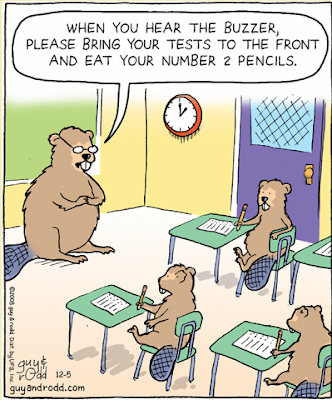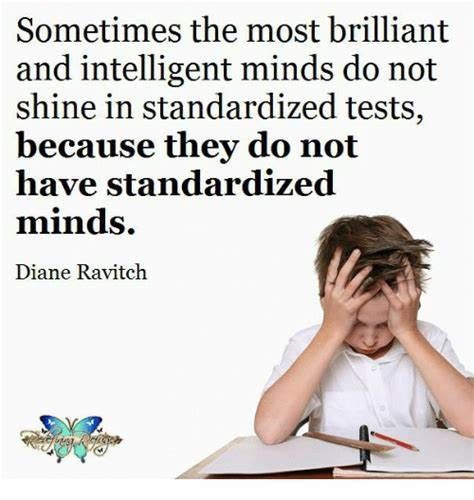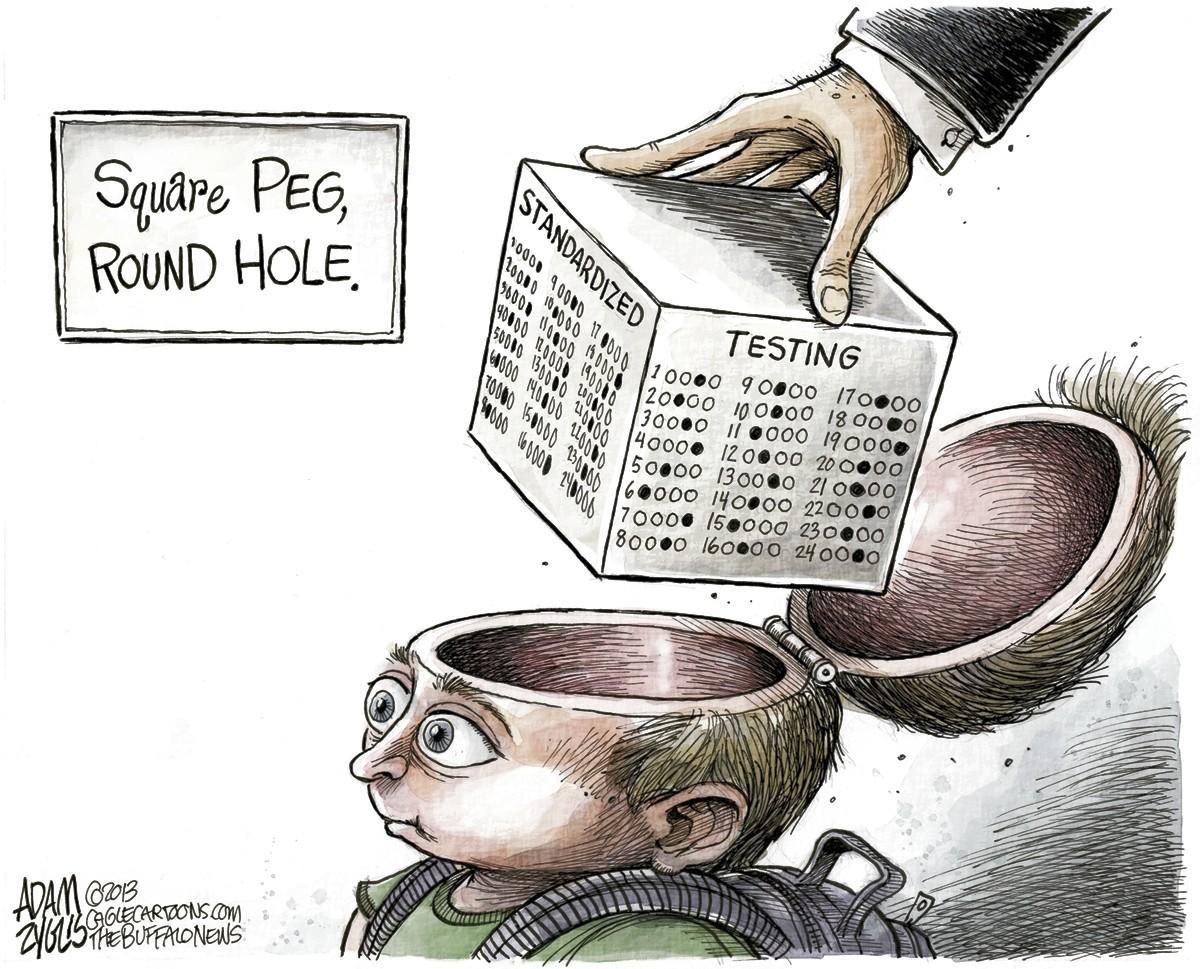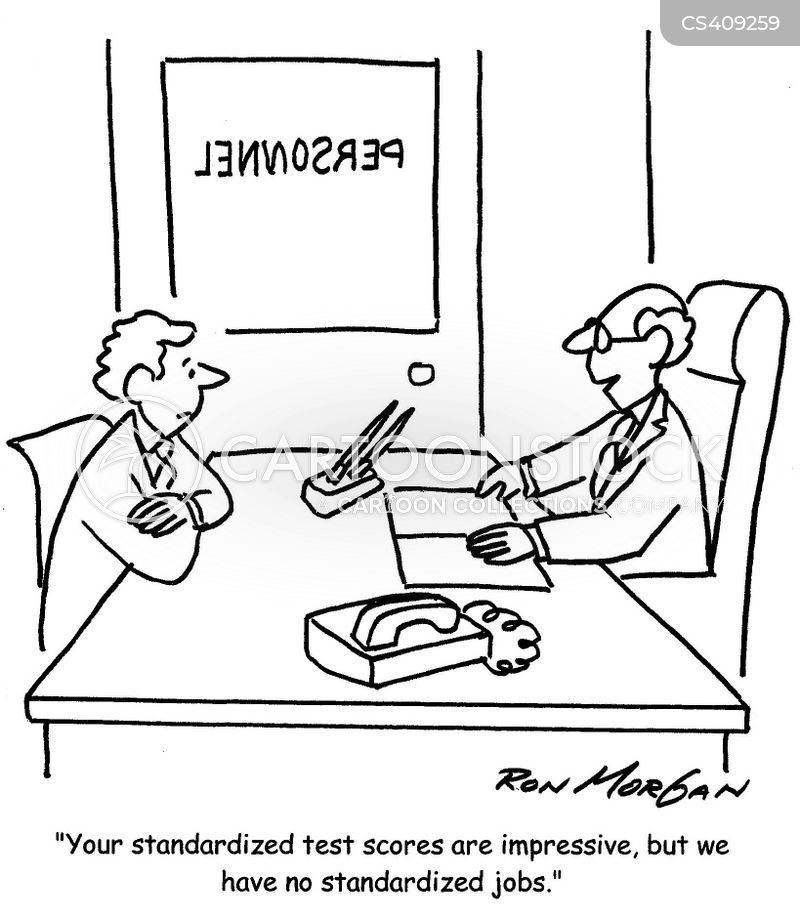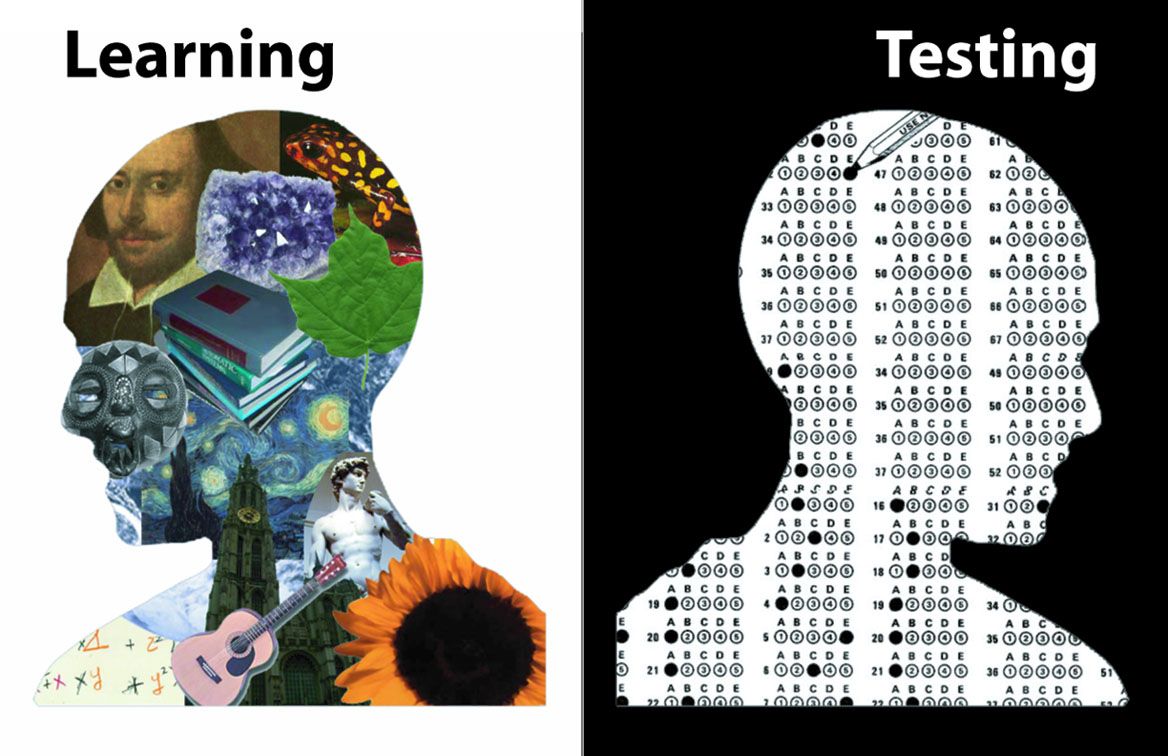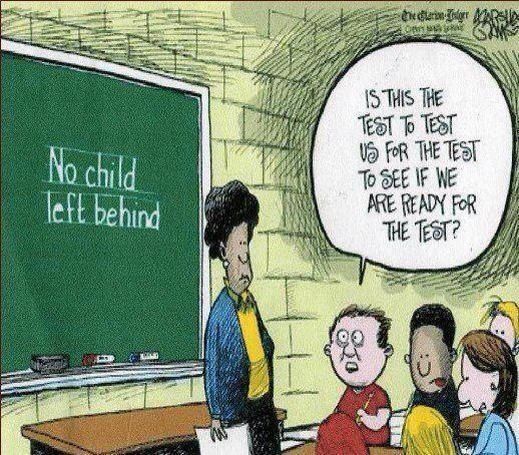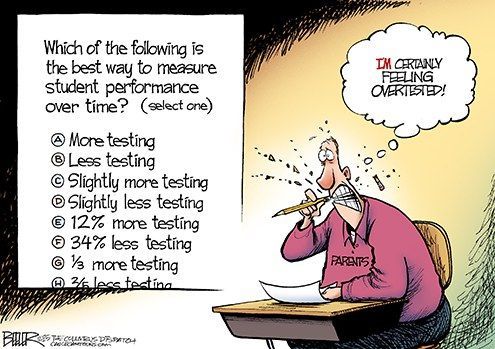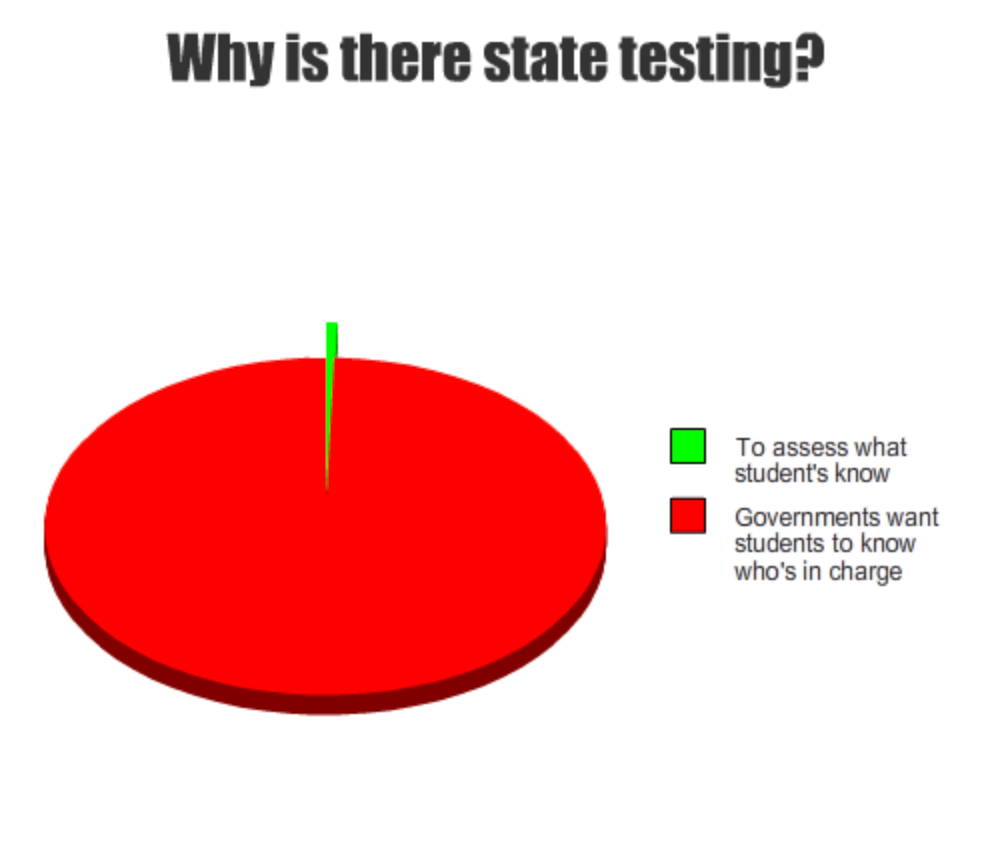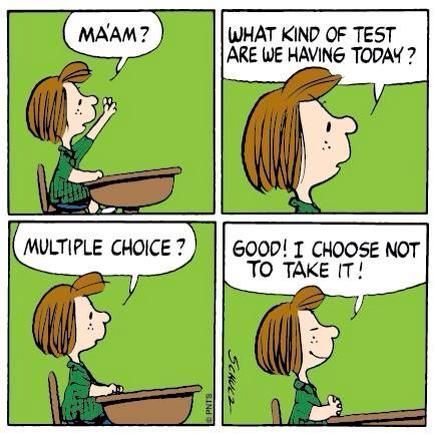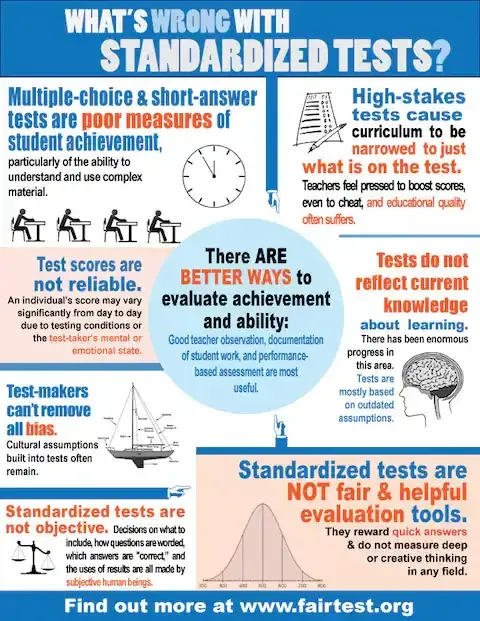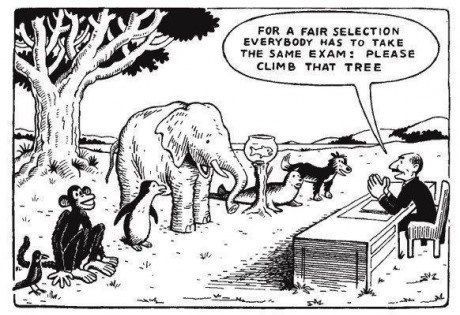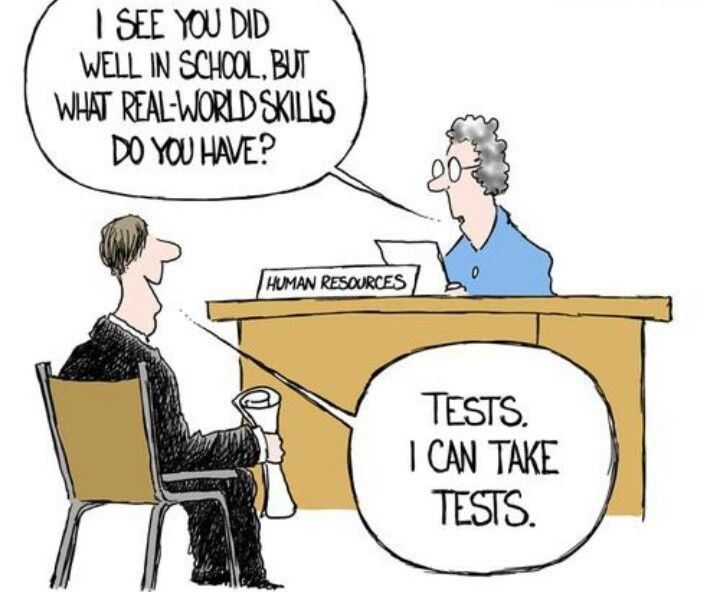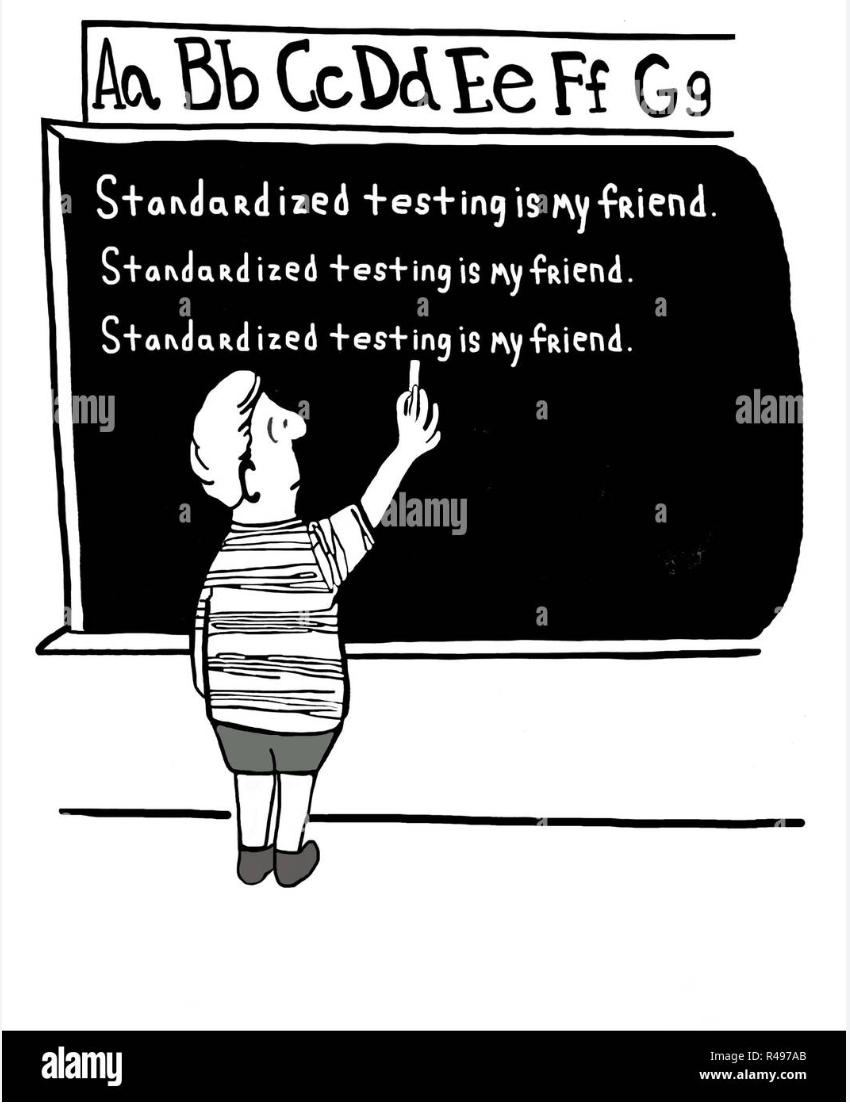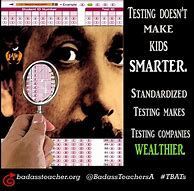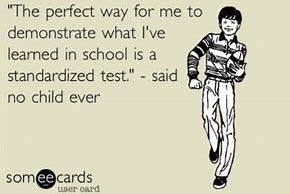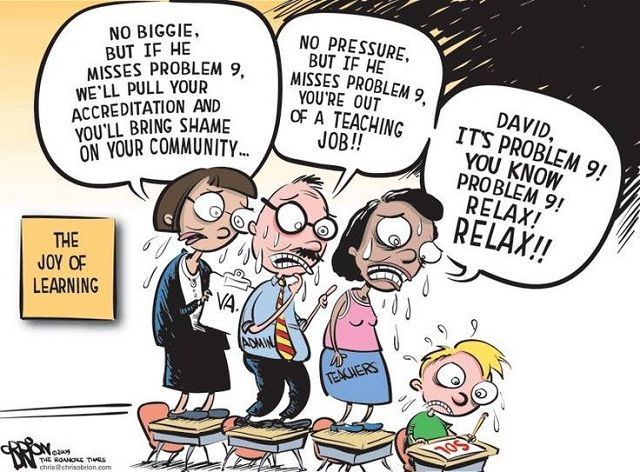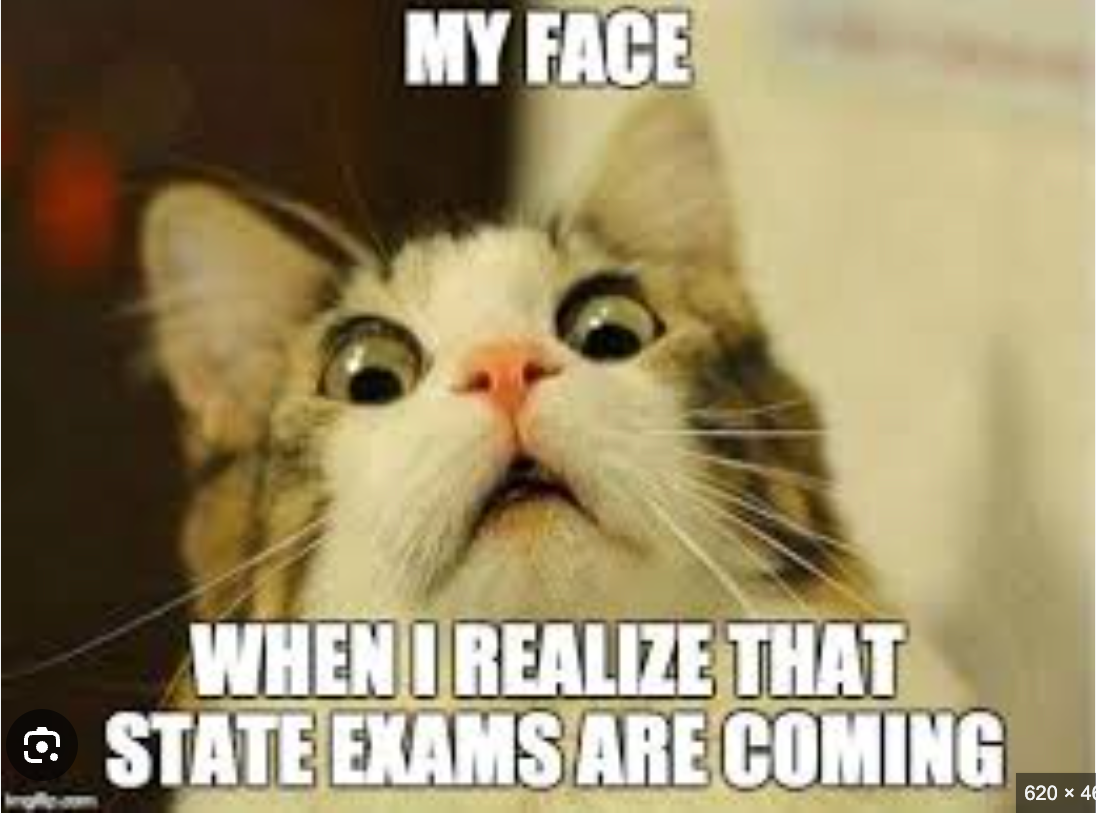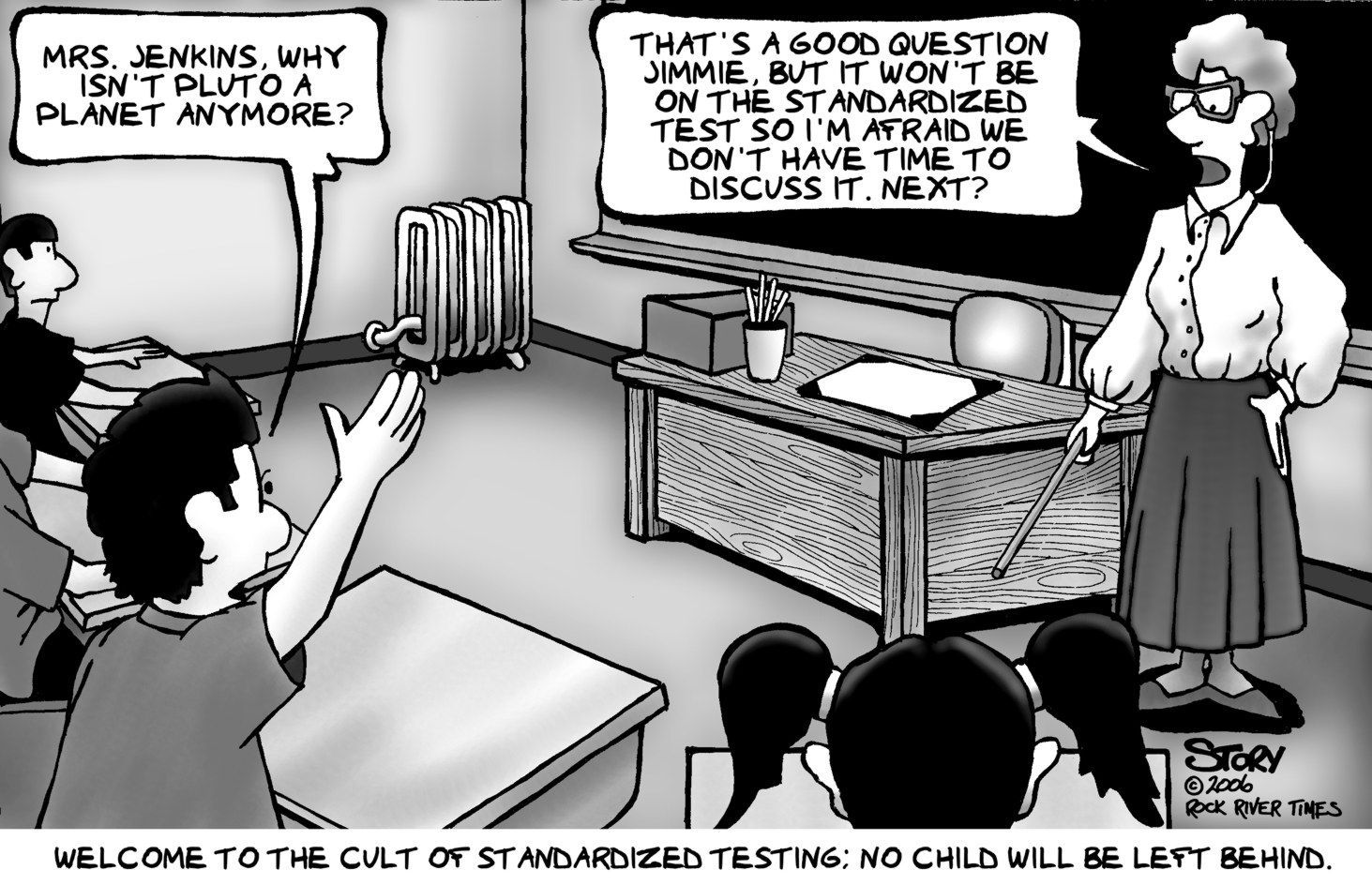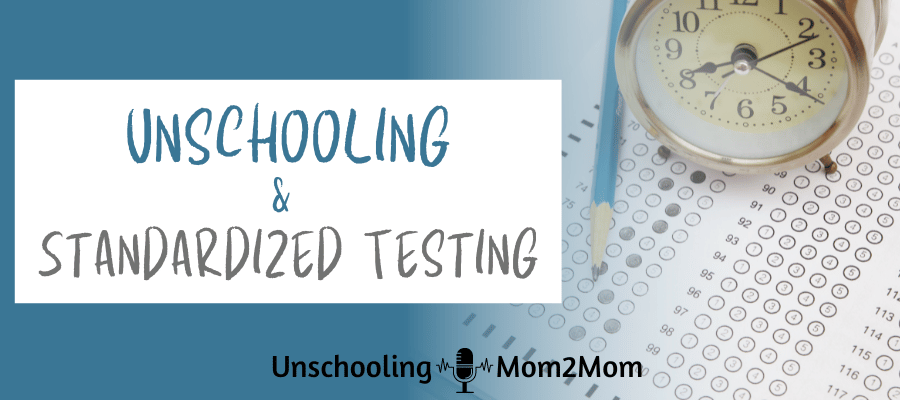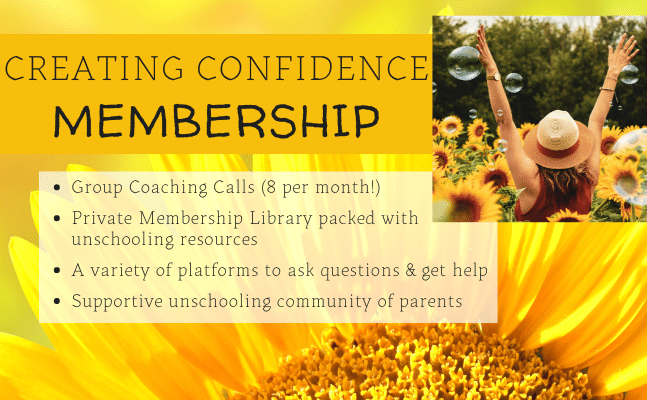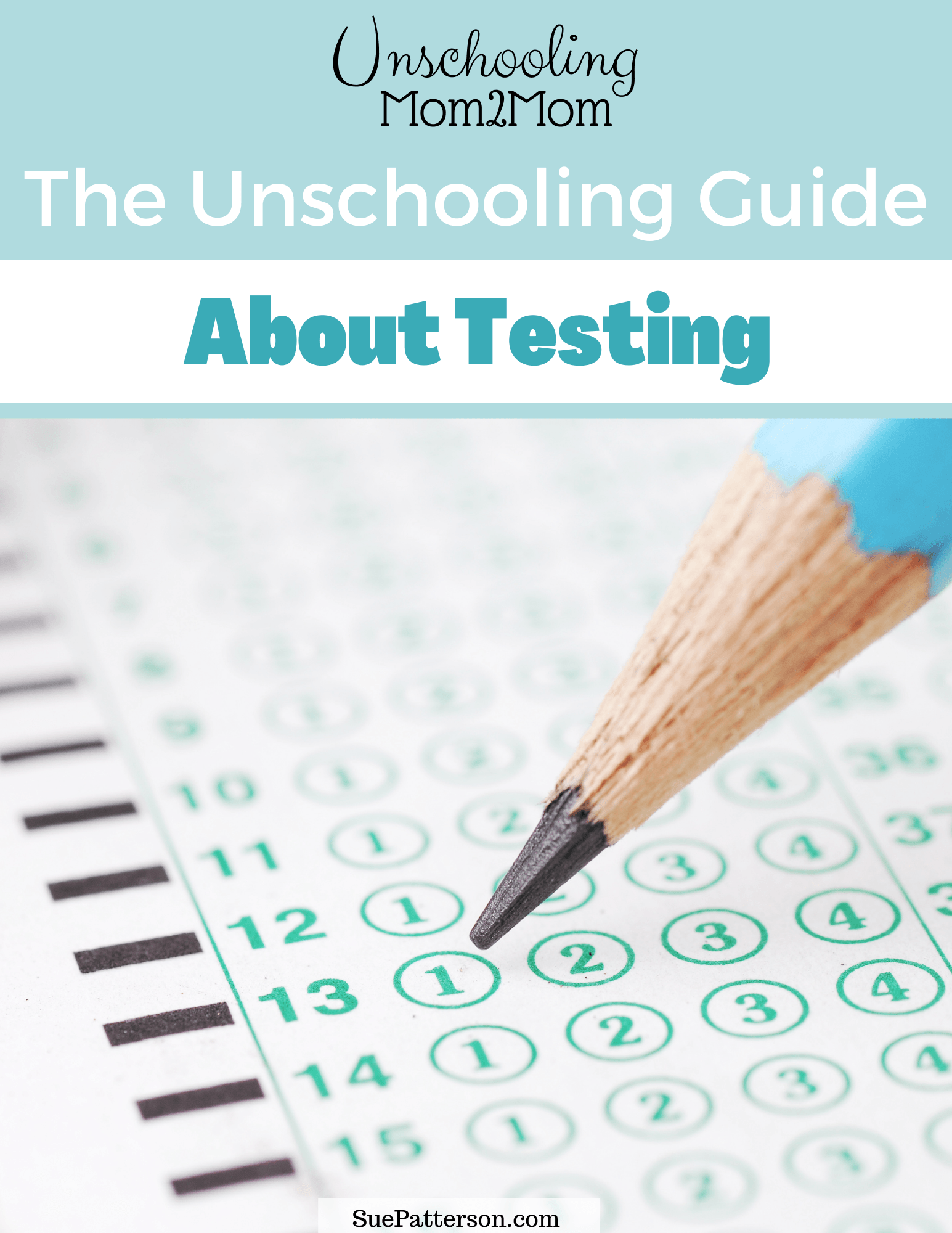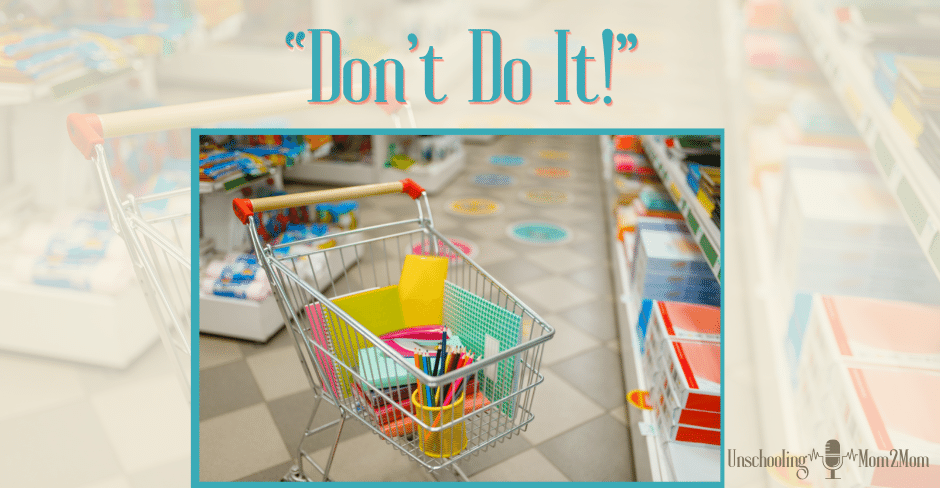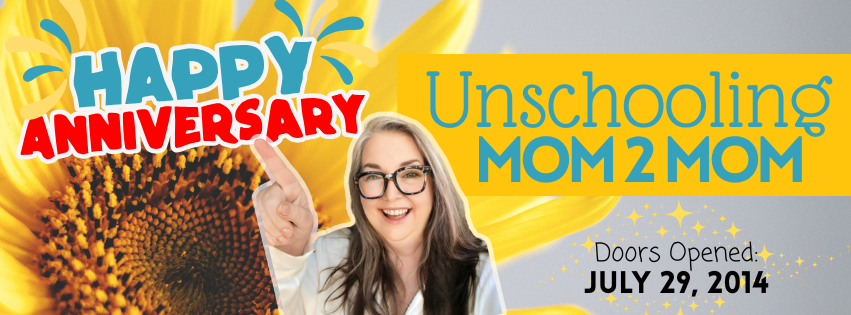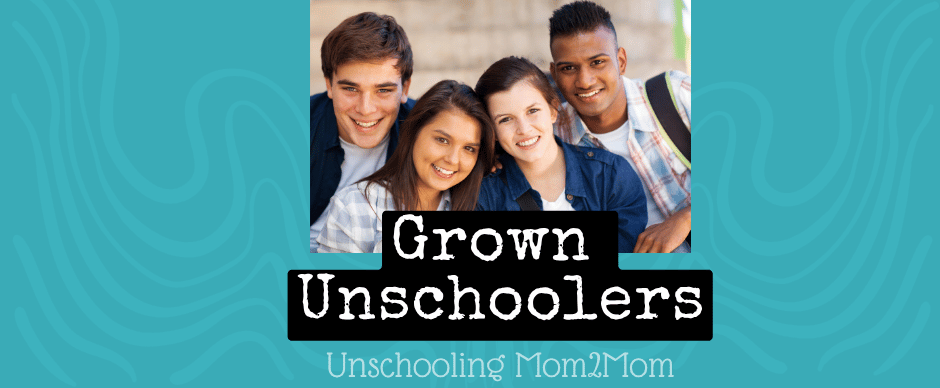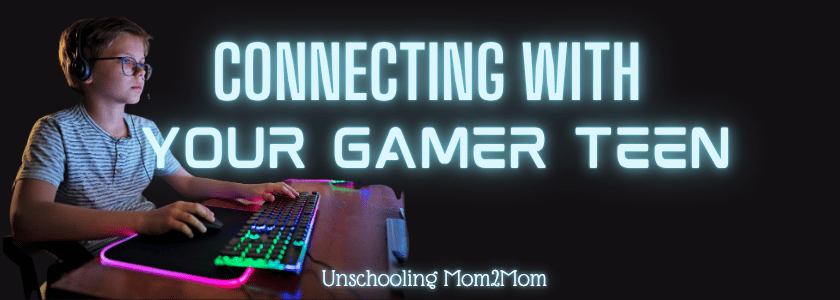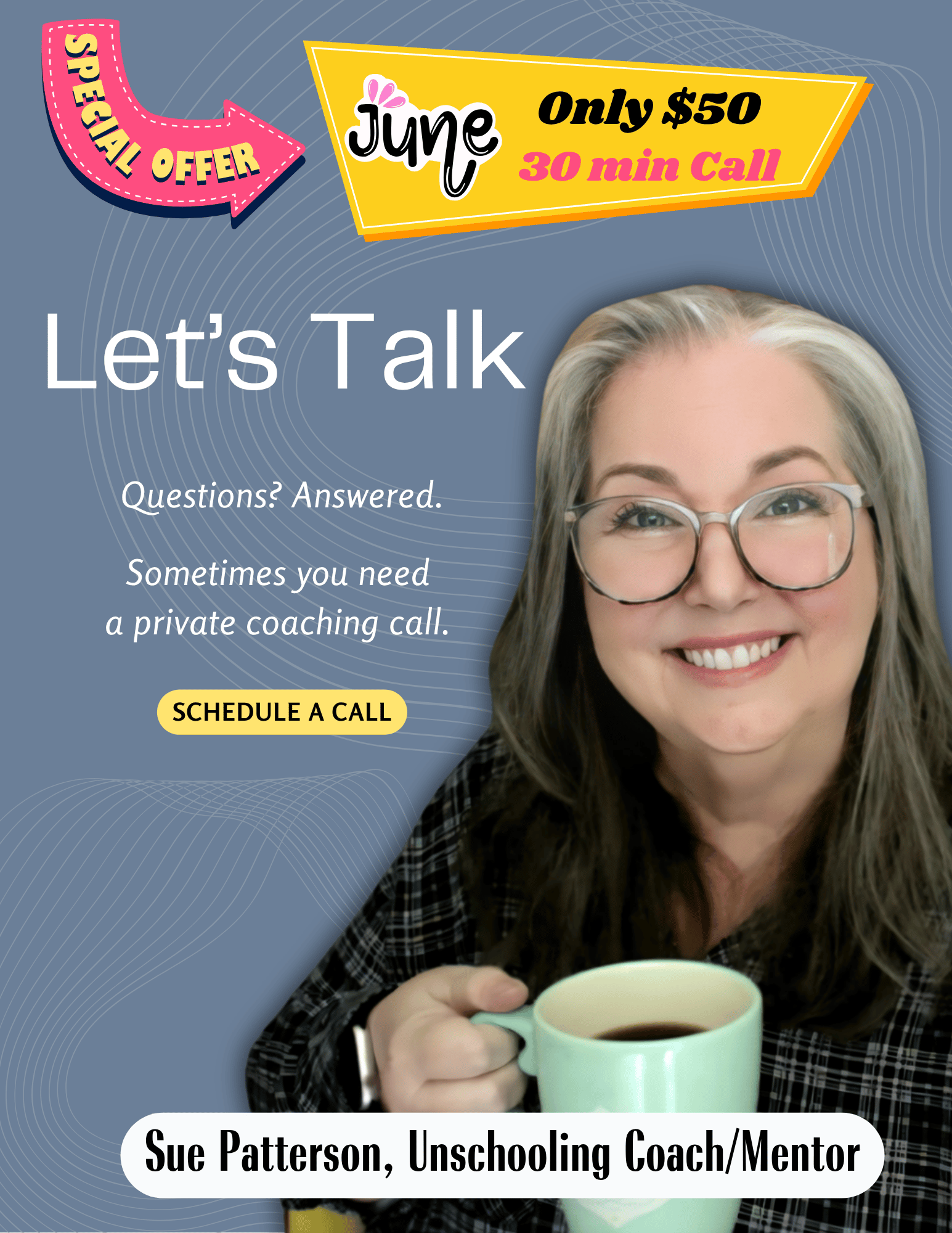Unschooling and Testing
What's the deal with Test-taking?
How has society put the cart before the horse regarding standardized tests?
Let's talk about it here or listen in on the Unschooling Mom2Mom Podcast
A lot of people worry about how unschoolers will ever manage testing if they’re not subjected to it the way everyone else is.
Questions like:
- “Testing is a Fact of Life - they’ll be clueless when they leave that safe bubble you’ve created and step into a world full of tests.”
Or
- “How will you know what they’ve learned if you don’t test?”
Which takes you to...
- “How will you know if they’re ‘behind’?”
So let’s talk about these three... and I have a bonus fear or question that we’ll HAVE to cover too!

"Testing is a Fact of Life"
OK, I agree that testing does pop up in various places: At the DMV, for the SAT or ACT, maybe you want to become a lawyer or a doctor, so you have LSATs and MCATs. Wow, that’s a lot of letters!
But these are tests that happen once, as you’re trying to enter some other arena or qualify for a license. The only place that has REGULAR testing is school.
- When we step away from that, why would we need to excessively focus on test preparation for these one-time tests?
- Don’t most of them have practice tests, or test prep courses, or weekends devoted to getting ready for The Big Test?
- Do we really think that a general achievement test is going to help your child ten years later when they need one of these entrance exams?
Filling in bubbles for the answers doesn’t need practice.
Showing them a ScanTron (or whatever the local testing organization is using) would take a maybe 5-minute explanation.
Testing IS a fact of life for school kids.
But our kids aren’t at the school.
It’s not really relevant in Real Life, so we’ve opted out.
And, just a side note about this. Lots of colleges and universities are moving away from testing. They’re seeing the flaws - and there are many - so this may be something we see changing over the next few years. We also all know kids who have done well with testing, but didn’t do well once they got into college. Or they’re terrible test-takers but they excelled in their chosen area of interest. Testing didn’t help either of these demographics. Also, something my own kids did, they got into college without having to take the SATs or ACTs. They took the required number of hours at the community college and transferred to the local university as a sophomore. Transfer students simply show their grades from the community college (or wherever they went), and they’re accepted. The universities recognize that how a student performed in community college will be a much better indicator of future success at their university than a single score on an SAT test.
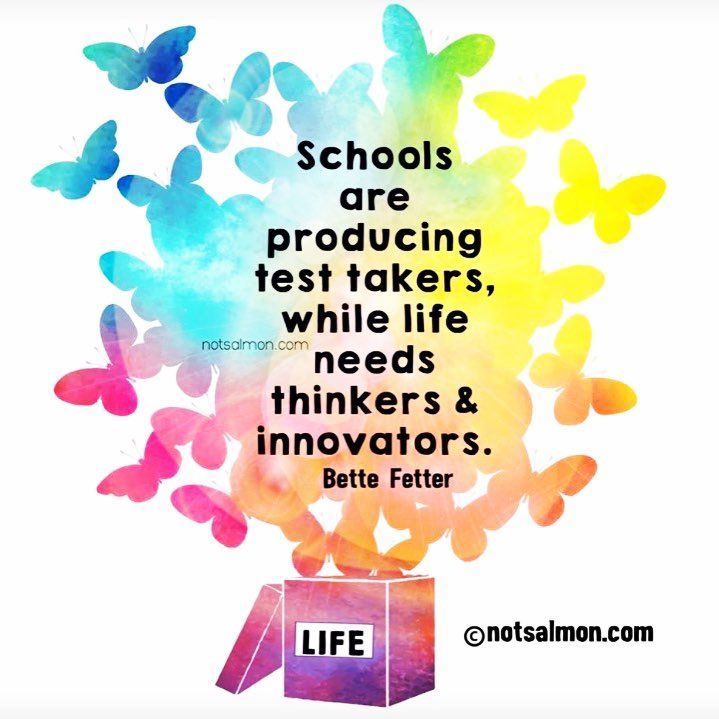
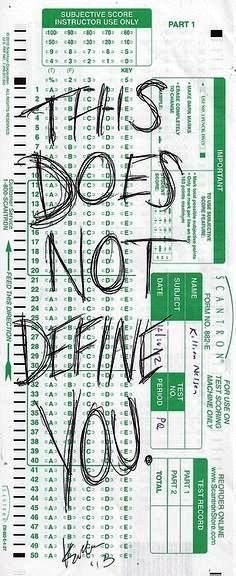
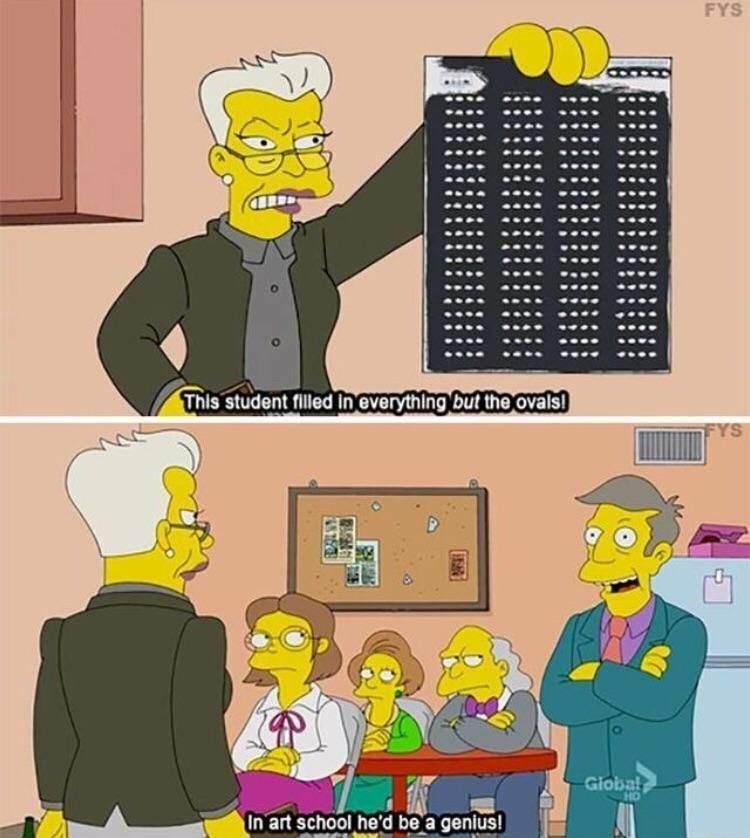
Next concern is usually:
How will you know if they’ve learned?
Because you’re actively engaged with them. You have conversations. You hear that they know things you never even mentioned to them - or they’ve forgotten something they weren’t that interested in. But there’s no finish line. They have their entire lives to accumulate whatever they deem necessary.
A long time ago, there was a graphic poking fun at this question - I can’t find it now - but it showed a gardener pulling up their plants every day to check how the root system was progressing. That was certainly NOT a good way to grow a plant. Or a child.
One of the things that has to happen for a parent to get comfortable with this, is that you have to break free from the idea that there’s only one set of facts everyone needs to know. So when you’re thinking like that, I’m sure it DOES freak you out when your child seems to know a DIFFERENT set of facts than what you’re looking for. This is probably a red flag for doing more
deschooling.
The school way is ONE way to learn - and has one pile of facts in a very linear progression. It doesn’t take into consideration the interests or preferences of The Learner. It’s focused on the Teaching aspect. But unschooling flips that around and focuses on the Learner. What does the Learner need to do the activities that interest them? That’s the next step. That’s the growing pile of experience and expertise your little learner is developing. It’s the most Individualized plan any student couldn’t ever be fortunate enough to have!


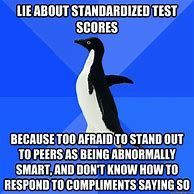
That third question...
How will you know if they’re behind?
Again, it’s probably more of a deschooling question. But behind what? Behind whom?
When you’re focusing on helping them create this wonderful mega-indivualized approach to learning, suddenly thinking about what other 8-year olds know (or whatever age is starting to bug you) - is kind of a step backwards.
It’s not relevant any more.
So when our thoughts drift back in this direction, understand that this is operating out of fear. And when we’re fearful, we drift back to what’s familiar.
It’s that Compare and Despair concept I learned in my coaching classes. It serves no one - and actually pushes you to play smaller. So reading more about how unschooling works will help you.
And maybe seeing or talking with other unschoolers who can relate and share how they push through these fears - that’s another way to conquer this one.
Sue's Membership Group
Are you feeling a bit alone on all of this?
The Creating Confidence Membership group is the answer!
I promised you a Bonus after we talked about these three.
Bonus probably isn’t the right word. It’s not a bonus!
Is This Really YOUR Score?
It’s a Big Fear that might be underlying all these other fears.
It’s the idea that our child’s score on the test is actually OUR score on whether or not we’ve done a good job. Hmmm maybe you can relate.
Our society is so focused on scoring our teachers and schools based on the scores of the kids - we adopt that mentality for ourselves. Forgetting the fact that our kiddos are learning every day - and it’s not linear or from the so-called accepted pile of knowledge for Fifth Grade.
This fear taps into those others that say,
- “Who do you think you are that you can do this?”
or
- “ I see when you have a bad day - you’re going to ruin the kids opportunities for success in the future!”
All those mean-spirited, critical thoughts that lurk in our brains. Growing our OWN confidence is a task that we need to face - especially if we have a lot of self-doubt and second-guessing. And here’s something interesting, if your kid gets good test scores (maybe you have to do testing for your state or program you’re in), you end up bypassing the internal work that probably still needs to happen. So that fear goes back into the shadows, waiting to pop out another time. You know there will be another opportunity!
And this is why it’s good to keep peeling back the layers and thinking about:
- Why ARE we choosing this unconventional path?
- What IS wrong with standardized testing?
- How can I know I’m doing my best at unschooling?
- What can I do to see the learning that’s happening with our kids?
Because a standardized test is not going to give you the reassurance you need.
You’ll have to find that for yourself.
You don’t have to do it alone, but it IS an Inside Job.
I have some resources that can help you dive into this a little more.
Reach out if you need a little help with it. And I’ll be back to chat with you again next week!
Need More Help with This?
Some states/countries require testing at various stages of your child’s education.
Sometimes parents feel like they want to use a standardized test to see how their child is doing.
This Unschooling Guide shares a collection of articles and information to help you with this topic – from an unschooling perspective.
Like...
- Overcoming Questions about NOT Testing, like:
- How will your kids ever learn to do it?
- How will you know what they’ve learned?
- What about accountability?
- What about teens, college, SAT/ACT tests?
- How do unschoolers make sure they “hit all the subjects?”
- The Parent side of test-taking
- Which states test and what to do if you have to?
- Articles and resources – a big reading list for you!
- Humor
